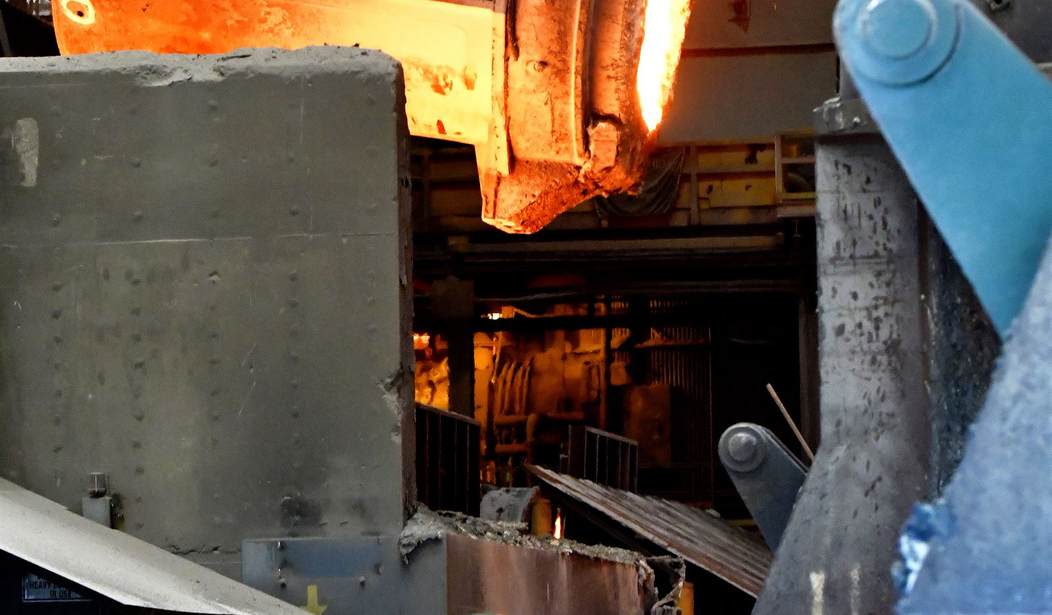Over the years that have passed since the end of World War II, Washington and Japan have forged one of the most stable alliances in the world. This has paid off in many ways. In addition to helping to heal psychological wounds, the strategic value of our relationship with Japan is undeniable. American military bases in Japan keep the Pacific Rim safer. And our economic ties with have encouraged major companies such as Toyota and Honda to open plants here, providing jobs to American workers and reliable, affordable transportation to millions.
As I write, Japanese Prime Minister Fumio Kishida is in town for an official visit which includes meetings with President Joe Biden who just last night hosted what was by all accounts a phenomenal State Dinner in honor of the Prime Minister and Mrs. Kishida. As the visit coincides with Washington’s treasured Cherry Blossom Season, the Prime Minister announced last night that his country is donating some 250 new cherry trees to replace those recently removed from the Tidal Basin for essential construction to shore up the area in front of the Jefferson Memorial. In accepting the thoughtful gift, the president read; “Like our friendship, these trees are timeless, inspiring and thriving,”
All that good stuff aside, the president is pushing in a different, less friendly direction when it comes to another Japanese deal: Nippon Steel’s bid to purchase U.S. Steel. Biden is opposing the potential deal, as is Republican presidential candidate Donald Trump.
“It is important that we maintain strong American steel companies powered by American steel workers,” the president says. Well of course it is, but he is (deliberately?) missing the important fact that allowing this deal would actually strengthen U.S. Steel and protect those jobs he speaks of.
Recommended
Don’t just take my word for it. “The costs of blocking the steel deal are stiff,” notes the Economist. “Nippon has promised not to cut jobs and plans to increase investment. If so, concerns about the local economy are misplaced.”
Indeed, the Nippon Steel deal would help shore up U.S. Steel, in the wake of other major American steel makers having gone bankrupt and disappeared. The proposed deal with one of our closest allies would guarantee that the plants and the jobs remain here on American soil.
Why does Japan want to play in this space? Aside from being a good economic bet, their population is aging, fast. Our friendssimply don’t have the workforce to operate complex and high-yield steel factories at this point in time. And it’s not like they can pack up the plants and move them to Japan. That’s logistically and financially impossible and again they have neither the workforce nor infrastructure to even think about such a thing. Everyone involved in this deal wants to keep the Steel plants running right where they are here in the U.S., which protects American jobs.
Rest assured that other foreign powers, friendly and less than friendly, are watching how the U.S. treats the Japanese in this case. “Only days before the deal was announced, lawmakers were proposing to add Japan to a whitelist that bypasses the most stringent CFIUS rules,” the Economist adds. “Now America looks high-handed and fickle.”
Finally, there’s the cost to American consumers. We are already paying far too much for steel.
“The Trump administration imposed nearly $80 billion worth of new taxes on Americans by levying tariffs on thousands of products valued at approximately $380 billion in 2018 and 2019, amounting to one of the largest tax increases in decades,” the Tax Foundation reports. Biden left those tariffs in place. The report notes, “We estimate the tariffs still in effect will reduce long-run GDP by 0.21 percent, wages by 0.14 percent, and employment by 166,000 full-time equivalent jobs.”
That jobs number is quite stunning. However, it doesn’t have to be this way.
The best answer in this case would be for lawmakers and the Biden administration to simply allow the free market to function. Allow Nippon Steel to close its purchase of U.S. Steel and keep those plants here on our soil, producing steel for Americans and steel for export. That will protect American jobs, strengthen American economic and military alliances, and help grow and sustain two economies at a time when they badly need it.

























Join the conversation as a VIP Member